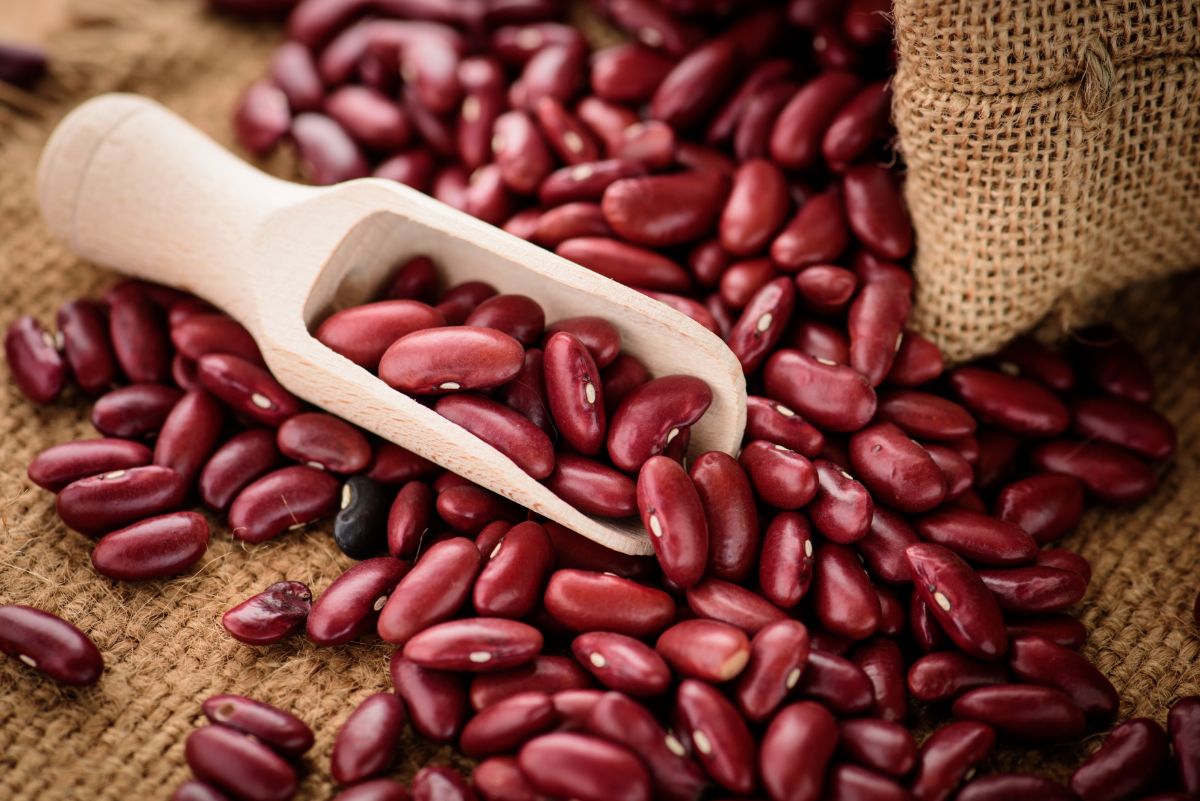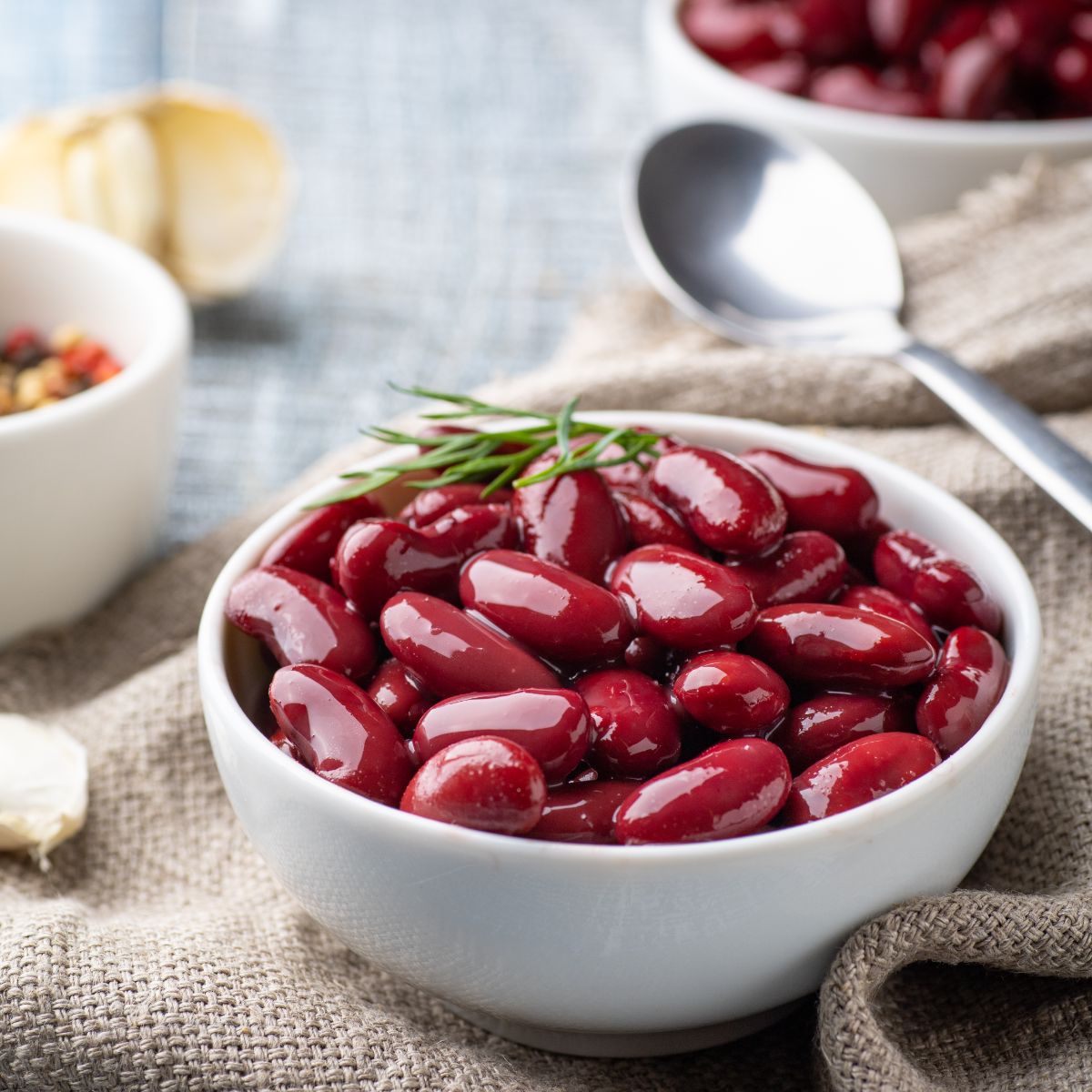Can You Microwave Kidney Beans?

Beans are popular in many different cuisines for very good reasons. They’re versatile, taste great, and are highly nutritious.
They come in hundreds of varieties, and though you may not have heard of them all, chances are you know and love the red kidney bean.
But after a long day of work, no-one wants to spend an hour cooking it, so many people will use the microwave. Is this safe, though? The short answer is NO.
But why? I hear you ask in dismay. Well, red kidney beans contain a little chemical called phytohaemagglutinin (PHA), which can make you pretty sick if you don’t get rid of it. PHA is found in most beans but such low concentrations that the usual overnight soaking and short boiling time render them harmless.
PHA happens to be most highly concentrated in the humble kidney bean and, if not correctly handled, can cause food poisoning with nasty symptoms like diarrhea, vomiting, abdominal cramping, and in extreme cases, hospitalization (from dehydration). The good news is, PHA CAN be removed from red kidney beans through proper care and handling.
There are two essential points to remember when cooking them: they need to be cooked at a high enough temperature and long enough to get rid of this chemical and make them safe to eat.

This is most easily done on the stovetop or in the oven. Although microwave cooking can be very convenient, it does not heat at a high enough temperature to inactivate PHA, nor does it allow for even cooking.
You’ll end up with some overcooked beans and some undercooked beans- these are more toxic than raw, uncooked beans!
So what’s the best way to cook red kidney beans to make them edible? Follow these steps, and you’ll have a safe, delicious bean casserole bubbling away on your stovetop in no time.
1. Soak the beans overnight, for a minimum of 8 hours.
2. Drain them. Do not reuse the soaking water.
3. Add them to a pot full of cold water
4. Boil for 10 minutes and simmer for a further 45 minutes, at least.
5. Check the beans- if they’re soft, they’re ready to eat. If not, keep them simmering till they are.
6. Whatever you do, do NOT be tempted to shorten the cooking time.
This may be the first you’ve heard of PHA, but don’t be alarmed. People eat kidney beans every day with no problems whatsoever.
Follow the steps above, and you’ll have perfectly safe red kidney beans to enjoy for dinner.
Sources:
http://digitalcommons.usu.edu/cgi/viewcontent.cgi?article=1799&context=extension_curall
http://www.medic8.com/healthguide/food-poisoning/red-kidney-bean-toxins.html




